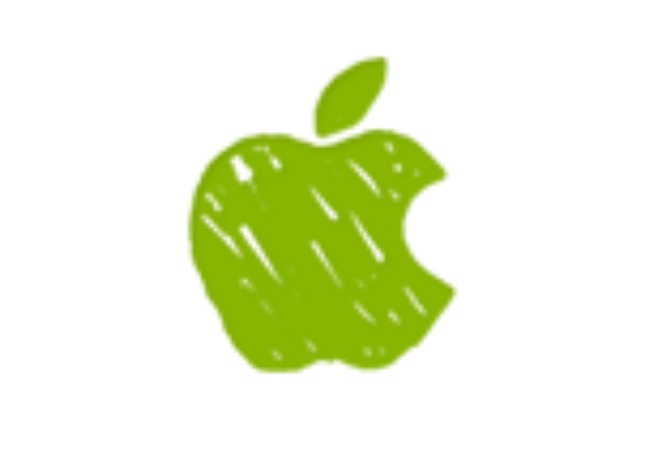Apple Agrees Green Solar Initiatives In China

iPhone maker wants to clean up its supply chain and promises big solar energy projects for renewables push
Apple has confirmed clean energy programs in China as the iPad maker seeks to make its supply chain more environmentally friendly.
The company pledged to build 200 megawatts of solar energy projects in China, and its green initiative with apparently avoid over 20 million metric tons of greenhouse gas pollution in the country between now and 2020. That is equivalent to taking nearly 4 million passenger cars off the road for one year.
Chinese Projects
Apple announced two programs that aim to reduce the carbon footprint of its manufacturing partners in China.
It has just completed construction of 40 megawatts of solar projects in the Sichuan Province, and these solar installations are now producing more than the total amount of electricity used by Apple’s offices and retail stores in China.
This, said Apple, makes its operations carbon neutral in China.
“Climate change is one of the great challenges of our time, and the time for action is now,” said Apple CEO Tim Cook in a statement . “The transition to a new green economy requires innovation, ambition and purpose.
“We believe passionately in leaving the world better than we found it and hope that many other suppliers, partners and other companies join us in this important effort,” said Cook.
Apple’s green efforts are therefore focused on two projects in China. It plans to build more than 200 megawatts of solar projects in the northern, eastern and southern grid regions of China. This will apparently produce the equivalent of the energy used by more by than 265,000 Chinese homes in a year and will begin to offset the energy used in Apple’s supply chain.
Apple’s second green project is a new initiative to encourage its manufacturing partners to become more energy efficient and to use clean energy for their manufacturing operations. To this end, Apple will partner with suppliers in China to install more than 2 gigawatts of new clean energy in the coming years.
Apple said that it would also share its best practices in procuring clean energy and building renewable energy projects. It will also offer hands-on assistance to some suppliers in areas like energy efficiency audits, regulatory guidance and building strong partnerships to bring new clean energy projects to China.
One of Apple’s major manufactors, Foxconn, plans to construct 400 megawatts of solar by 2018 in the Henan Province in China. The company has also committed to generate as much clean energy as its Zhengzhou factory consumes in final production of iPhone.
“We are excited to embark on this initiative with Apple,” said Terry Gou, founder and CEO of Foxconn Technology Group. “Our companies share a vision for driving sustainability and I hope that this renewable energy project will serve as a catalyst for continued efforts to promote a greener ecosystem in our industry and beyond.”
“Being responsible, protecting air and water, and driving clean energy are at the heart of Apple’s commitment to China,” said Lisa Jackson, Apple’s VP of Environment, Policy and Social Initiatives. “These projects go beyond Apple’s operations in China to help our suppliers adopt clean renewable energy.”
 Green Efforts
Green Efforts
Apple’s green efforts in China are remarkable considering it was only a few years ago that the iPad maker was in the bad books of environmental campaign group Greenpeace.
In 2012 Apple withdrew its products from the EPEAT register, which labels electronic equipment according to its environmental impact. Later, it once again added the Macbook to the register.
At the same time Apple was also heavily criticised by Greenpeace in 2011 and 2012 for using fossil-fuel-based energy to power its data centres. But the company began to change its way, most notably with the construction in 2012 of carbon neutral data centre in Prineville, Oregon.
Apple has also had to fend off criticism from campaigners about the polluting habits of its supplier chain.
Last year for example, Apple banned two harmful chemicals from its Chinese suppliers’ factories after concerns about the health of workers involved with the assembly of the iPhone and iPad.
What do you know about Green IT? Try our quiz!
